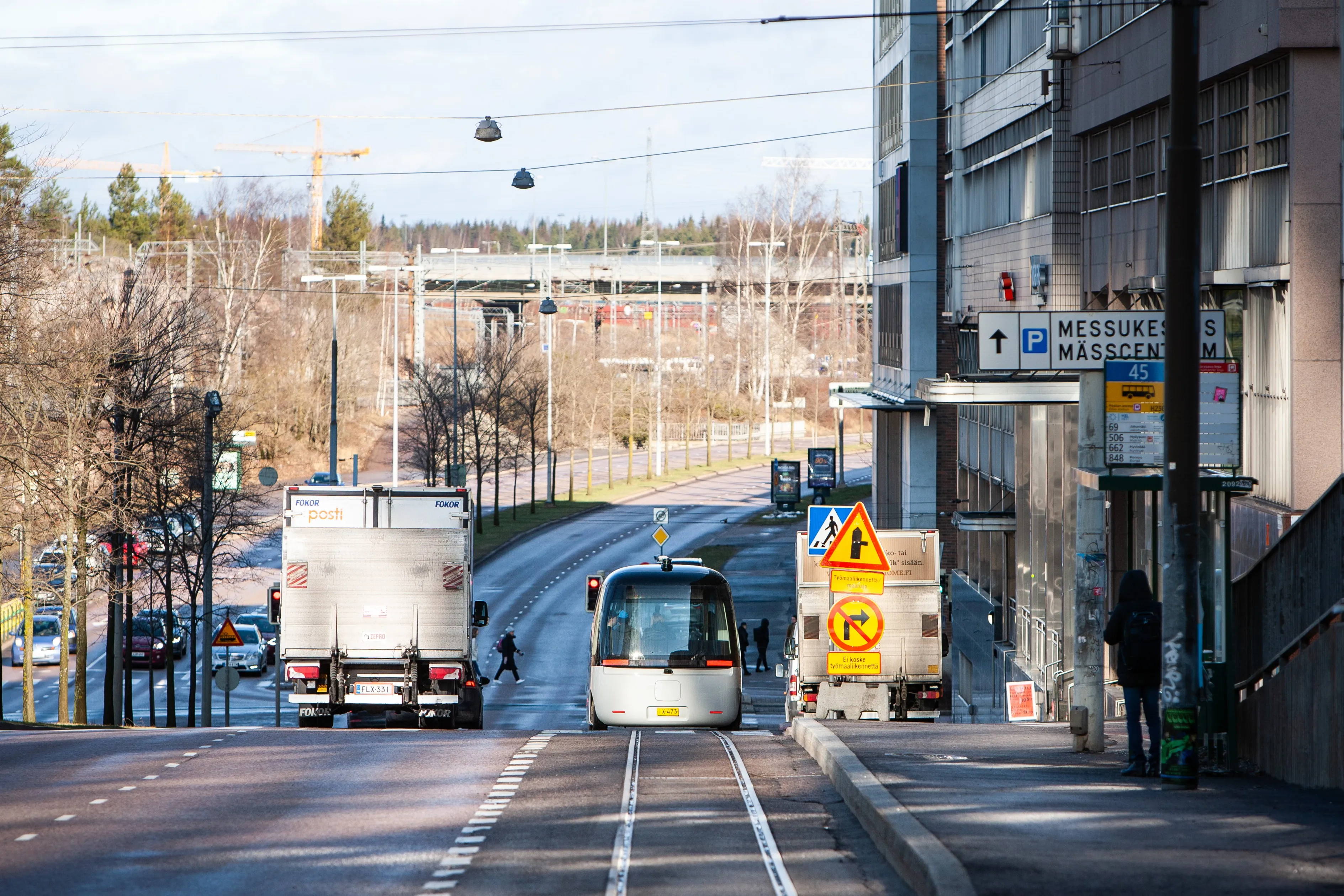Greece has successfully completed the first tests of its automatic emergency call system, eCall, within the framework of the eCall pilot national research project, a European initiative intended to bring rapid assistance to motorists involved in a collision anywhere in the European Union. eCall uses a device installed in vehicles that will automatically dial 112 (the pre-assigned European emergency number) in the event of a road accident and wirelessly send airbag deployment, impact sensor information and G
October 2, 2012
Read time: 2 mins
Greece has successfully completed the first tests of its automatic emergency call system, eCall, within the framework of the eCall pilot national research project, a European initiative intended to bring rapid assistance to motorists involved in a collision anywhere in the 1816 European Union.
eCall uses a device installed in vehicles that will automatically dial 112 (the pre-assigned European emergency number) in the event of a road accident and wirelessly send airbag deployment, impact sensor information and GPS coordinates to local emergency services.
The eCall project in Greece aims to implement and demonstrate a national pilot application for the system. The system will automatically notify the emergency services of vehicle accident via mobile telecommunication networks, and complying with the same technical standards and with the same Quality of Service across Europe.
The eCall project is coordinated by374 Ertico's partner organisation, the 5987 Institute of Communication and Computer Systems (ICCS), with the participation of mobile network operator Cosmote Mobile Telecommunications and software and electronics supplier 6642 Space Hellas. It is co-funded by the European Regional Development Fund (ERDF) of the European Union and by national resources under the 2007-2013 NSRF and the Operational Programme Competitiveness and Entrepreneurship (OPC II) framework.
The tests were carried out on a prototype system using a research vehicle; emergency calls were routed from the ICCS in-vehicle system (IVS), through the Cosmote mobile telecommunication network to the public safety answering point (PSAP), which was installed by Space Hellas.
According to the EU, eCall cuts emergency services response time down to 50% in rural areas and 60% in urban areas. The quicker response will save hundreds of lives in the EU every year, and the severity of injuries will be considerably reduced in tens of thousands of cases.
eCall uses a device installed in vehicles that will automatically dial 112 (the pre-assigned European emergency number) in the event of a road accident and wirelessly send airbag deployment, impact sensor information and GPS coordinates to local emergency services.
The eCall project in Greece aims to implement and demonstrate a national pilot application for the system. The system will automatically notify the emergency services of vehicle accident via mobile telecommunication networks, and complying with the same technical standards and with the same Quality of Service across Europe.
The eCall project is coordinated by
The tests were carried out on a prototype system using a research vehicle; emergency calls were routed from the ICCS in-vehicle system (IVS), through the Cosmote mobile telecommunication network to the public safety answering point (PSAP), which was installed by Space Hellas.
According to the EU, eCall cuts emergency services response time down to 50% in rural areas and 60% in urban areas. The quicker response will save hundreds of lives in the EU every year, and the severity of injuries will be considerably reduced in tens of thousands of cases.









